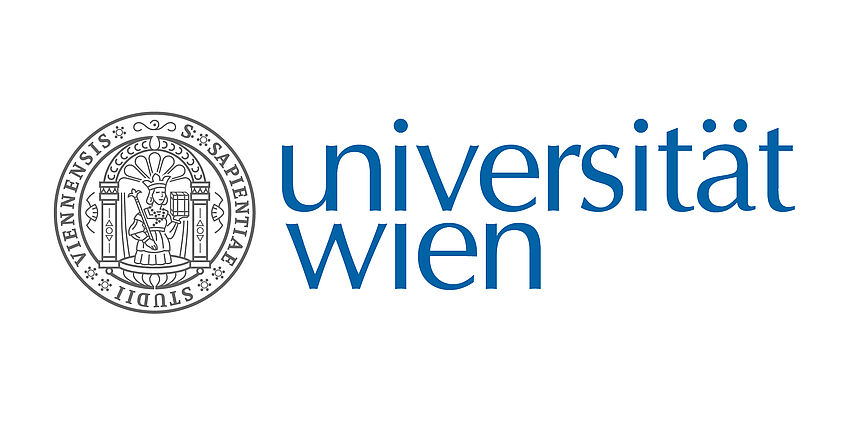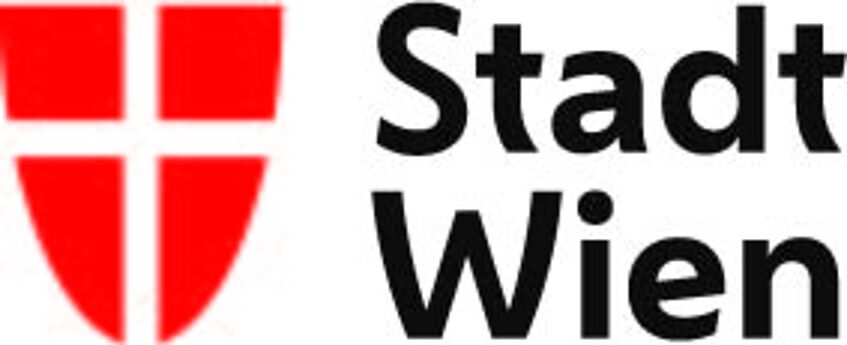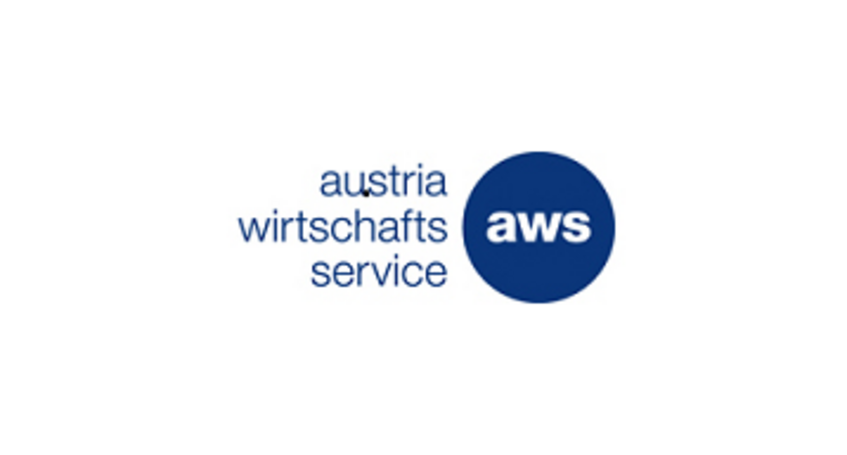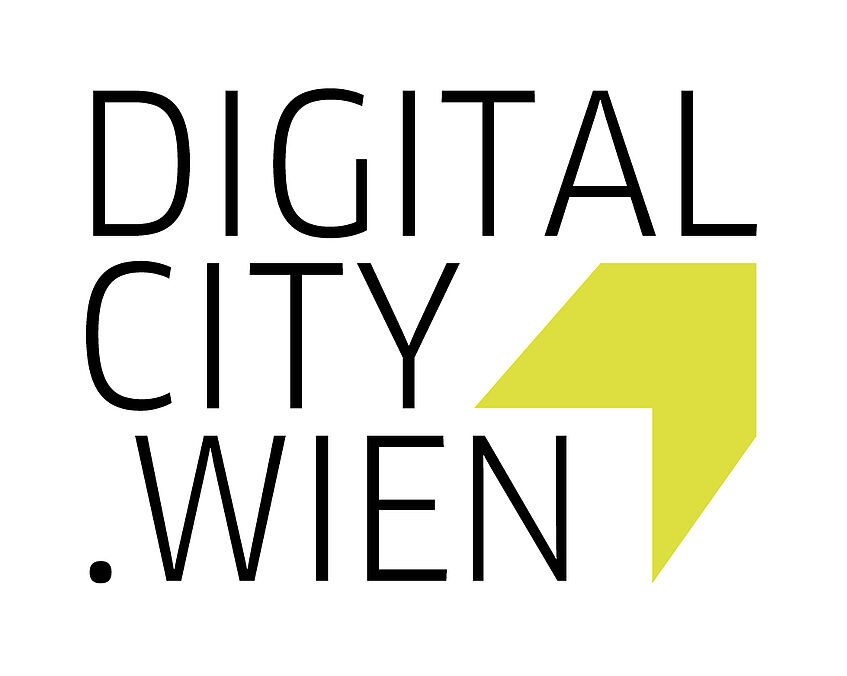Hackathon 2022

Digital solutions for societal challenges – Vienna Climate Challenge
After organising Hackathons as part of the WTZ-Ost (Knowledge Transfer Center East), resulting in fantastic, innovative, digital solutions for current societal challenges, we are happy to announce the date of the upcoming event.
19-21 September 2022
We will start on 19 September 2022 at 15:30 and will end with drinks and snacks on 21 September at 18:00.
Aula, Campus of the University of Vienna (Spitalgasse 2, 1090 Vienna, Austria)
The Hackathon is a physical event, you need to be on site.
Take a look at the agenda-draft here.
- Are you interested in sustainable innovations?
- Do you want to work in interdisciplinary teams?
- Do you want to develop ideas to improve living conditions in sustainable cities and communities?
- Do you want to apply your theoretical knowledge to the development of solutions for current societal challenges?
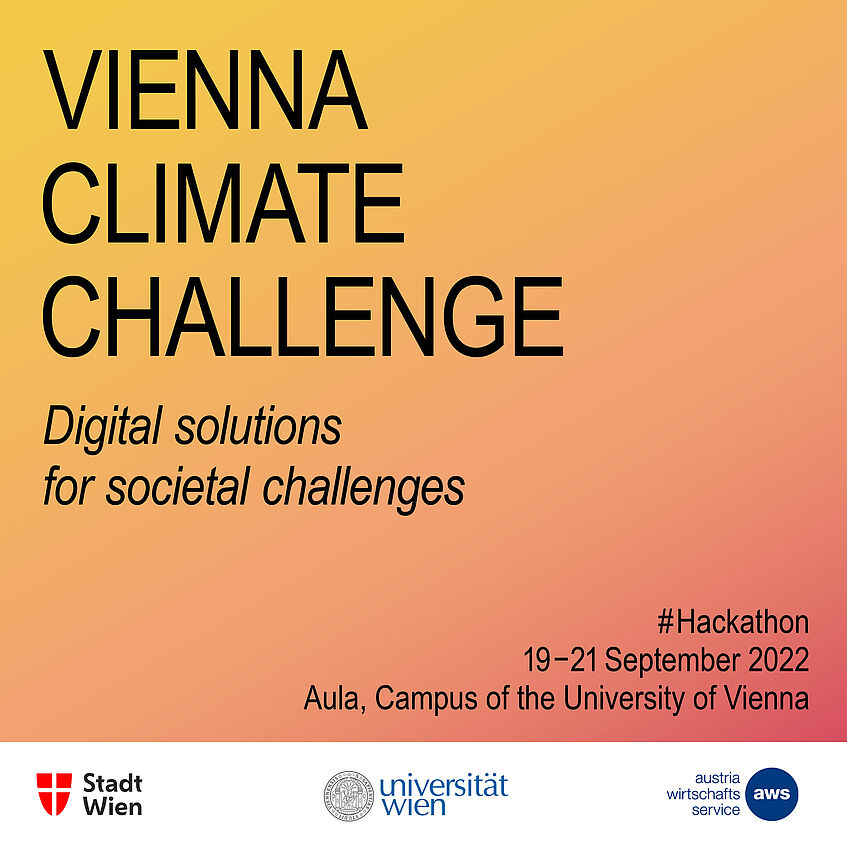
All-female teams
In cooperation with She.Digital Wien and DigitalCity.Wien, we would like to additionally address young women to participate in this hackathon and form all-female teams with other researchers/students, to present their ideas and innovative solutions and thus to be a role model for younger female talents! The all-female winning team of the Hackathon 2022 will receive the opportunity to present their successful idea at the #DIDAYS22 event at Impact Hub Vienna as well as other events and digital communication channels of DigitalCity.Wien.
Challenges
The Hackathon is organised by the University of Vienna, together with the City of Vienna. Climate change imposes major challenges, especially for cities. The City of Vienna defines concrete goals and measures for the city’s climate package, this is where the Hackathon wants to pick up. Interdisciplinary teams will work on concepts for (participatory) digital solutions to current challenges faced by the City of Vienna on climate. Therefore on one hand challenges were framed that lead to a very specific outcome. On the other hand we present more open challenges, that raise issues, demanding creative solutions.
Background information can be found here:
The challenges concern the climate topics: climate-friendly neighborhoods, energy, circular economy and climate-appropriate behavior.
Specific challenges
-
Vienna Future Street
Urban transformation toward a climate-neutral future means a wide range of innovations that offer all Viennese the chance to live better in the city: from the heat transition and renewable energy generation to healthier and safer public space that we are all free to use. Whether playing, cycling or parking, this all affects the street as a living space, which will also be the scene of major construction work as part of the heat transition. The "Vienna Future Street" combines energy source change and energy-efficient building renovation with infrastructure development on the street by means of a participatory process. This is intended to motivate citizens for urban transformations through creative power, co-determination and a sense of community. The central question is how the necessary infrastructure development in the context of the heat transition can be used as a window of opportunity to make public space fairer, greener and healthier, as well as to motivate adjacent buildings to connect to new energy networks and to make energy-efficient renovations. The goal of this challenge is to create a prototype or a concept for a digital tool that every Viennese can use to visualize her own future street and to playfully try out different possibilities of innovations in a modular way.
Contact person: Liisa Andersen, Directors Office for Climate Governance
Find the listed Datasets here:
- Fußgängerzonen Wien
- Geöffnete Straßen Wien
- Tempo 30-Zonen Wien
- Begegnungszonen Wien
- Kappazunder Testdatensatz 2020 Wien
- Mehrzweckkarte Wien
- Stadtplan 3D Grundkarte Wien
- Stadtplan Grundkarte Wien
- Baumkataster bzw. Bäume Standorte Wien
- AnrainerInnenparkplätze Standorte Wien
- Behindertenparkplätze Standorte Wien
- Radabstellplätze Wien
- Trinkbrunnen Standorte Wien
- Parkanlagen Standorte Wien
- Orthofoto 2021 Wien
- Further possible data: Klimakonkret, Grünstattgrau, green4cities
-
My Climate Grätzl
Climate change poses major challenges for cities and their inhabitants: Temperatures are rising and heat periods are getting longer. In order to make life in the city as pleasant as possible for Viennese residents in the future, Vienna's Grätzl must be transformed into Climate Grätzl. In the Climate Grätzl, the fields of action are climate protection, climate adaptation and circular economy. In a transdisciplinary process, implementation strategies for the installation of greening measures (reduction of urban heat islands), a redistribution of public space for more quality of stay, social inclusion (involvement of the population as local experts), redevelopment, renewable energy communities as well as alternative financing models are strived for and developed in order to reduce the ecological footprint of Vienna's Grätzl. This is accompanied by a sometimes complex transformation process, for which digital tools can be very helpful. The challenge is: What measures can we use to transform Vienna's Grätzl into Climate Grätzl? What is the contribution of such measures to reducing the ecological footprint of one's own Grätzl? What possibilities are there to reduce the ecological footprint of one's own Grätzl collectively with the help of digital concepts?
Contact person: Lukas Franta, Municipal Department 18 Urban Development and Planning
Find the listed Datasets here:
- Fußgängerzonen Wien
- Geöffnete Straßen Wien - Tempo 30-Zonen Wien
- Begegnungszonen Wien
- Kappazunder Testdatensatz 2020 Wien
- Mehrzweckkarte Wien
- Stadtplan 3D Grundkarte Wien
- Stadtplan Grundkarte Wien
- Baumkataster bzw. Bäume Standorte Wien
- AnrainerInnenparkplätze Standorte Wien
- Behindertenparkplätze Standorte Wien
- Radabstellplätze Wien
- Trinkbrunnen Standorte Wien
- Parkanlagen Standorte Wien
- Orthofoto 2021 Wien
- Solarpotentialkataster Wien
- Gründachpotentialkataster Wien
- Potenzialkarte Erdwärmesonden Standorte Wien
-
Retrofit and Save CO2
The city of Vienna is focusing on the increased expansion of renewable energies. Thousands of houses and apartments are to be climate-proofed for this purpose. This will save CO2 in the long term and sustainably. How much CO2 can be saved by switching to renewable electricity and heat supply in a building? What factors - age of the building, room volume, heating systems, etc. - do we need to take into account? The goal of the challenge is to design a tool that enables an estimate of the CO2 savings when converting a building.
Contact person: Franz Oberndorfer / Katharina Meissner-Schöller, Directors Office for Science, Research and Business Location, Chief Executive Office
Find the listed Datasets here:
- Schutzzonen Wien
- Gebäudeinformation Standorte Wien
- Energieraumpläne (Klimaschutz-Gebiete) Wien - Gründachpotentialkataster Wien - Solarpotentialkataster Wien
- Energieversorgung Wiener Wohnbauten
- Heizwärmebedarf sanierter Wohnungen Wien
- Emissionen für Heizen, Kühlen und Warmwasser pro Kopf Wien
- Potenzialkarte Erdwärmesonden Standorte Wien
- Potenzialkarte Thermische Grundwassernutzung Standorte Wien
Background information: https://wirsan.wien.gv.at/
-
Mapping the Viennese Circularity Landscape
The topic of urgently needed resource conservation through the circular economy tool is coming more and more into focus. In the circular economy, materials and products are used, shared, leased, repaired, refurbished, reused and recycled for as long as possible. In the circular city, the goal is to create wealth, maintain a high quality of life, and further improve the resilience of the city and its citizens. The path to the circularly built city requires complex transformation processes: A diverse landscape of actors and different expertise must be represented, linked and integrated into processes. How can an interactive, dynamically adaptable and modifiable web-based tool be designed and look like? How can the available knowledge be made available to a broad mass of people and at the same time be expanded by them? Examples of this would be the tool "Kumu" used by Circular Berlin, which makes it possible to relate complex data to each other, and the visualization tool of the World Economic Forum.
Contact person: Bernadette Luger, Executive Group for Construction and Technology, Chief Executive Office
Find the listed Datasets here:
- Stakeholder-Liste (Excel)
-
Awakening the PUMA – Environmental Management Program in the City of Vienna’s Municipality
The City of Vienna has introduced an environmental management system - PUMA (Program Environmental Management in the Municipality), which has already been rolled out in all municipal departments. The departments have their own environmental manuals and have introduced measures to improve the environmental impact of their own services in the areas of energy, mobility and waste management. All implemented measures can be seen in a list that will be made available for the challenge. The success of practically all measures depends on the proactive participation and commitment of the employees. How can employees be motivated via a tool to consistently comply with the measures; to make their own behavior even more environmentally friendly; to improve CO2 savings, energy savings and resource conservation; and to develop further ideas for environmentally friendly solutions and behaviors? How can they be supported by a tool to understand the environmental impact of their own behavior in a playful, easy and understandable way – for example via visualizations or comparisons? The goal should not be to create pure calculations (e.g. CO2 calculator).
Contact person: Claudia Schrenk, PUMA-Commissioner of the Chief Executive Office
Find the listed Datasets here:
- Endenergieverbrauch im Magistrat nach Energieträgern
- Endenergieverbrauch im Magistrat nach Abteilungen
- Energieeinsparungen ÖkoBusinessPlan nach Anwendungen
- Wärmeverbrauch im Magistrat nach Energieträgern
- Verbrauch elektrischer Energie im Magistrat
- List of all implemented PUMA measures (will be made available)
Background information: PUMA Homepage
Open Challenges
-
Re-use in Daily Life
With re-use, recycling and a longer life span of products, we can create a climate-friendly living. The circular economy encompasses many areas of people's lives from food supplies to electronic goods. How can we create even more awareness about recycling and preserving the lifespan of goods and products? What tools are available to make it easier for people to reuse and repair?
Contact person: Franz Oberndorfer / Katharina Meissner-Schöller, Directors Office for Science, Research and Business Location, Chief Executive Office
Find the listed Datasets here:
- Mistplätze Standorte Wien
- Altstoffsammelstellen Standorte Wien
- Problemstoffsammelstellen Standorte Wien
- Mobile Problemstoffsammelstellen Standorte Wien
-
Low CO2 vacation
Vacation travel costs money and CO2 – but not necessarily. Even apart from the Prater and the Danube, we can travel with low CO2 emissions. But we need tools that help us plan our vacation and organize the trip. What digital solutions are there or can be conceptualized for planning a low-CO2 vacation?
Contact person: Franz Oberndorfer / Katharina Meissner-Schöller, Directors Office for Science, Research and Business Location, Chief Executive Office
Find the listed Datasets here:
- Hotels und Unterkünfte Standorte Wien
- Hauptradverkehrsnetz Wien
- Öffentliches Verkehrsnetz Haltestellen Wien
- Öffentliches Verkehrsnetz Linien Wien
- Campingplätze Standorte Wien
- Schiffanlegestellen Standorte Wien
- Touristische Kategorien Standorte Wien
-
Climate
We want to create a climate-friendly way of living together. How can digital solutions help us to act in a climate-friendly way and to design effective climate measures, or how can corresponding prototypes look like?
Contact person: Franz Oberndorfer / Katharina Meissner-Schöller, Directors Office for Science, Research and Business Location, Chief Executive Office
Take a look at the Hackathon in 2020 and 2021, organised within the framework of WTZ Ost. If you want to know more about why we are organising these kind of events, read the second issue of the REVALORISE+ e-zine.
Find a review on the Hackathon 2022 here.
Beitrag im #Digitalmonayblog - Digital City.Wien

